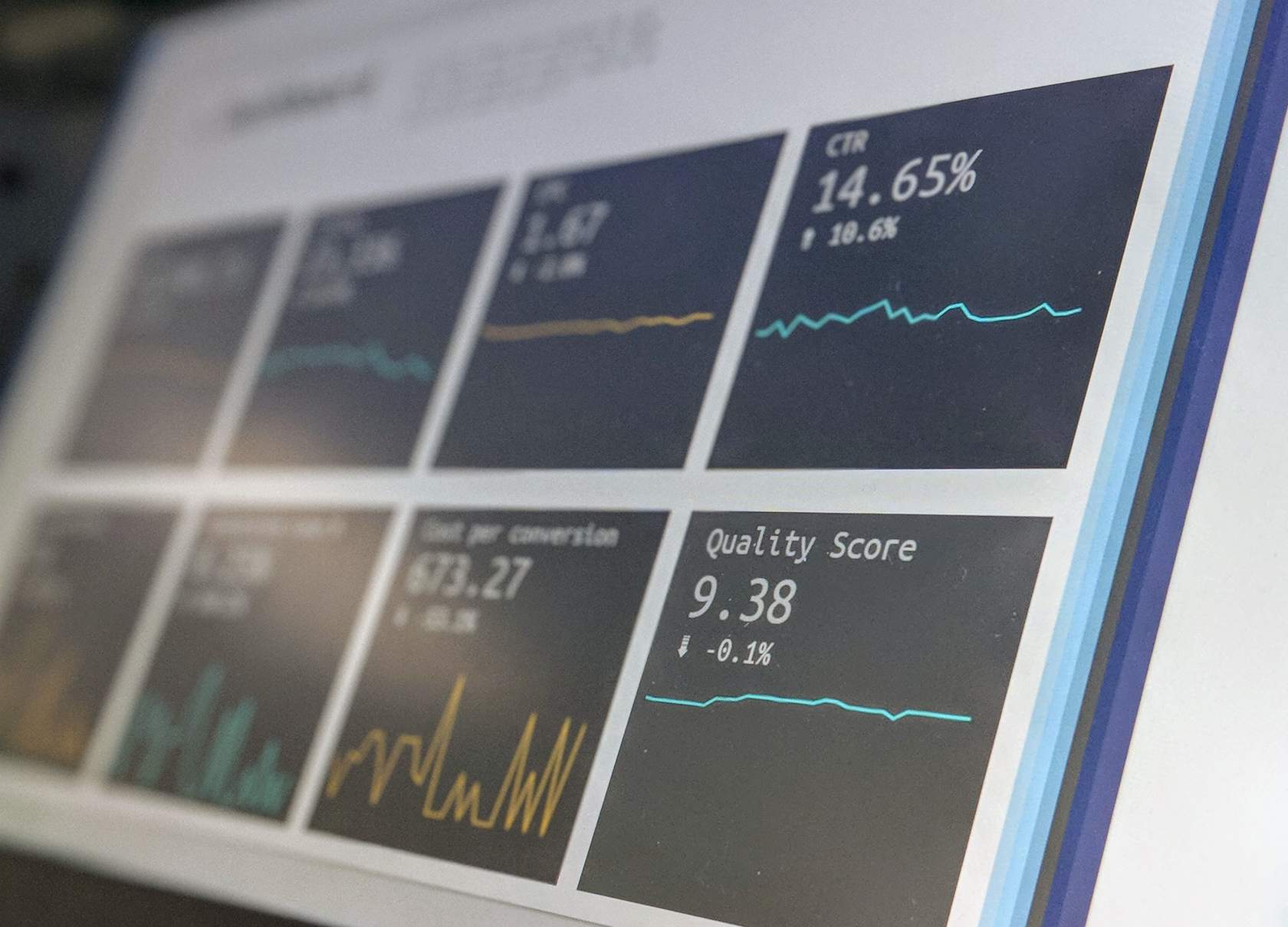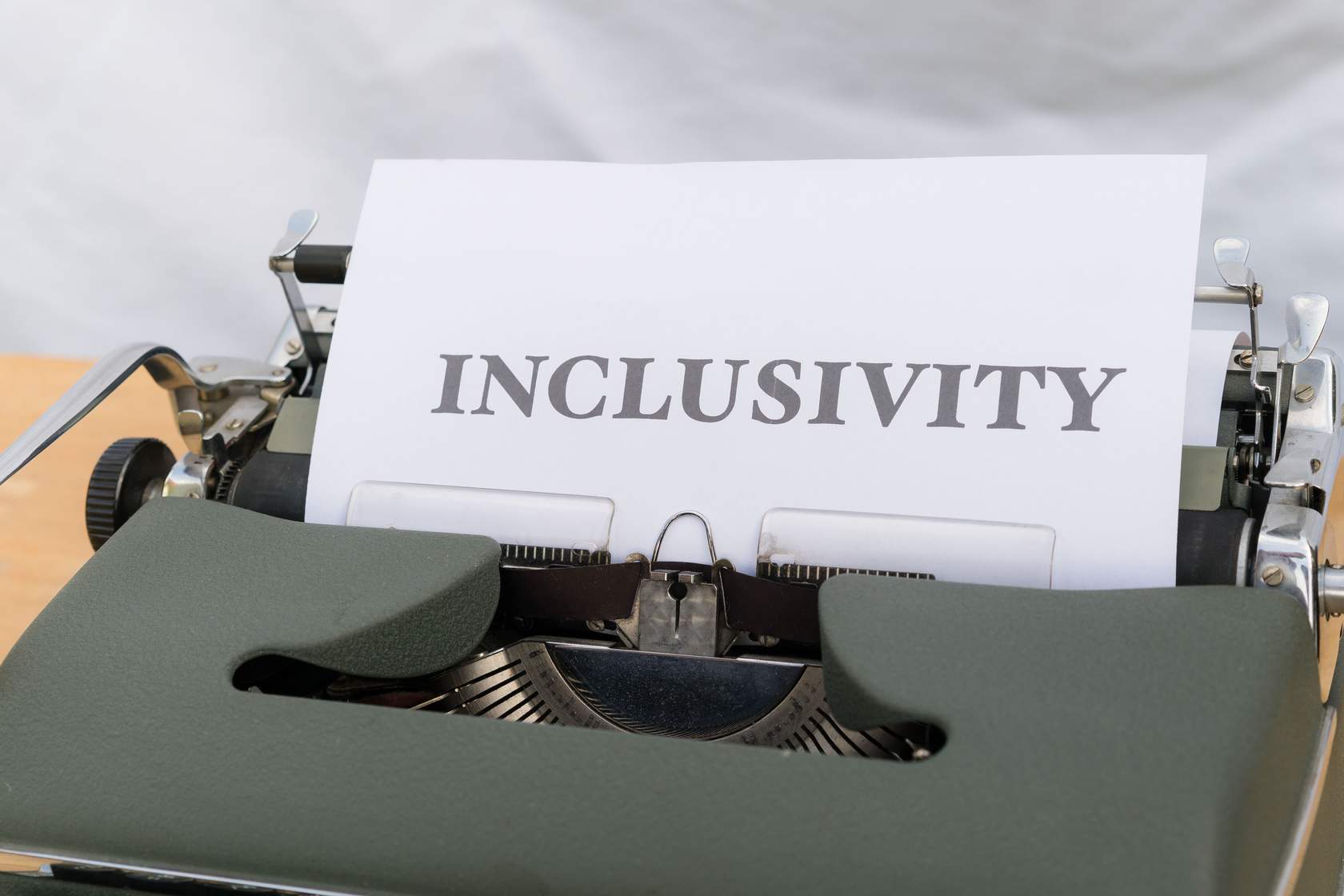Case Study: Context-Specific Assessments in a Nursing Education Program
In a nursing education program at a leading university, traditional assessments like multiple-choice exams and written reports were found to need to be revised in preparing students for the multifaceted challenges they would face in healthcare settings. To address this, the program's curriculum committee integrated context-specific assessments tailored to mimic real-world clinical scenarios that nurses commonly encounter.
- To evaluate students' ability to make quick, informed decisions in high-pressure healthcare environments.
- To assess interpersonal and communication skills in patient interactions.
- To ensure students are capable of adhering to healthcare protocols and ethical considerations.

The program used high-fidelity mannequins in a lab setting to simulate various clinical situations, from routine patient care to emergency medical scenarios. Students were required to perform tasks such as administering medication, performing CPR, and communicating with "family members" played by actors.

Students were given anonymized real-world patient cases to review, analyze, and present, focusing on diagnosis, treatment plans, and ethical considerations.

Students also participated in clinical rotations in actual healthcare settings, where their performance was evaluated by their mentors and the patients, using specially designed feedback forms.

- Ethical Guidelines: Given the sensitive nature of healthcare, special emphasis was placed on adhering to ethical guidelines and patient confidentiality.
- Cultural Sensitivity: Scenarios were designed to include patients from diverse cultural backgrounds, requiring students to adapt their communication and treatment approaches accordingly.

- Students who underwent these context-specific assessments showed higher competence and confidence in clinical settings.
- Employers reported that graduates from this program were better prepared for the challenges of healthcare practice, requiring less on-the-job training.

- The need for ongoing updates to the scenarios to reflect current best practices and challenges in healthcare.
- The importance of including soft skills like communication and ethics in context-specific assessments.

The adoption of context-specific assessments in the nursing education program significantly positively impacted student preparedness and employer satisfaction. By mimicking the complexities and pressures of real-world healthcare settings, the assessments offered a more holistic, authentic, and relevant evaluation of student competencies.
